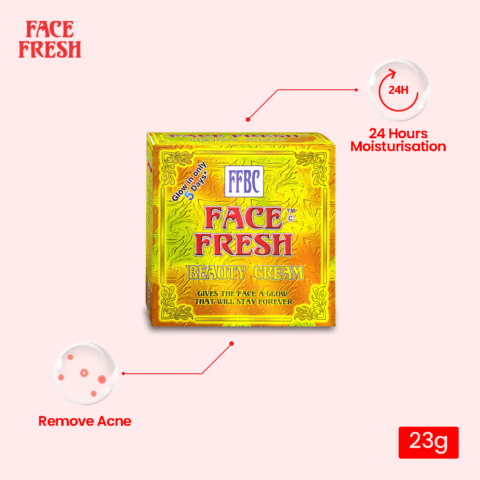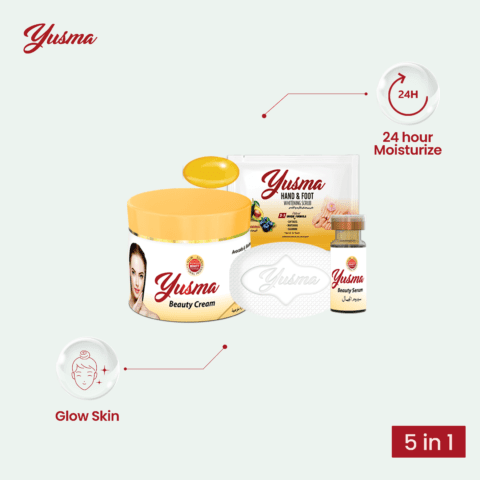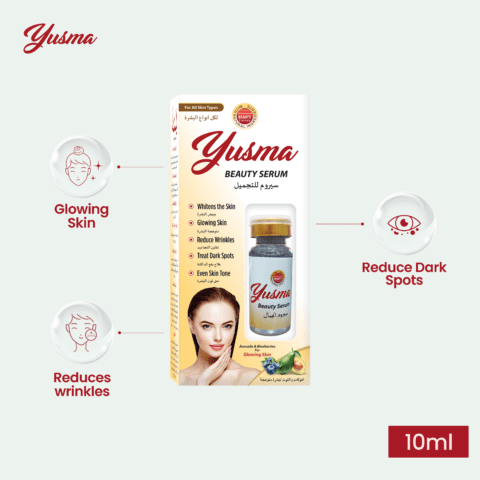Cold sores, also known as fever blisters, are a common viral infection that affects the skin, particularly around the mouth and lips. They can be uncomfortable and unsightly, causing pain and embarrassment for those who experience them. In this article, we will explore the causes of cold sores and discuss effective treatments to alleviate their symptoms and promote healing.
1. Introduction
Cold sores are caused by the herpes simplex virus (HSV), specifically the HSV-1 strain. This highly contagious virus spreads through direct contact with an infected person or through shared items such as utensils, towels, or lip balms. Once infected, the virus remains dormant in the body and can be triggered by various factors, leading to the development of cold sores.
2. What are Cold Sores?
Cold sores are small, fluid-filled blisters that typically appear on or around the lips, although they can also manifest on the nose, cheeks, or chin. They go through stages of development, starting with a tingling or burning sensation at the affected site, followed by the formation of a blister, which eventually bursts, leaving a scab that eventually heals.
3. Causes of Cold Sores
As mentioned earlier, cold sores are primarily caused by the herpes simplex virus type 1 (HSV-1). It is worth noting that HSV-2, the strain responsible for genital herpes, can also lead to cold sores through oral-genital contact. Additionally, certain triggers can activate the virus, including stress, fatigue, exposure to sunlight, hormonal changes, and weakened immune system.
4. Symptoms and Signs
The first sign of a cold sore outbreak is usually a tingling or itching sensation around the mouth or lips. This is followed by the appearance of small, fluid-filled blisters. These blisters can be painful and may cause discomfort while eating, drinking, or speaking. Over time, the blisters rupture, forming a crust or scab that eventually heals within a week or two.
5. Risk Factors
Certain factors increase the risk of developing cold sores. These include a weakened immune system, such as during periods of illness or stress, prolonged sun exposure without proper protection, a history of cold sore outbreaks, and intimate contact with an infected person during an active outbreak.
6. Diagnosis
In most cases, healthcare professionals can diagnose cold sores based on their appearance and symptoms. However, if the diagnosis is uncertain or there are concerns about underlying conditions, a viral culture or blood test may be performed to confirm the presence of the herpes simplex virus.
7. Prevention
Preventing cold sore outbreaks involves minimizing exposure to the herpes simplex virus and avoiding triggers that can activate the virus. This includes practicing good hand hygiene, avoiding direct contact with cold sore lesions, refraining from sharing personal items, wearing sunscreen on the lips and face, managing stress levels, and maintaining a healthy lifestyle.
8. Home Remedies for Cold Sores
Several home remedies can help alleviate cold sore symptoms and promote healing. These include applying ice or a cold compress to the affected area, using over-the-counter lip balms or creams containing ingredients like docosanol or benzocaine, applying aloe vera gel, taking over-the-counter pain relievers, and avoiding triggers such as excessive sunlight exposure and stress.
9. Over-the-Counter Treatments
Over-the-counter treatments can provide relief from cold sore symptoms and expedite the healing process. Antiviral creams or ointments containing ingredients like acyclovir or penciclovir can be applied to the affected area to reduce pain and shorten the duration of an outbreak. It’s important to follow the instructions provided and consult a healthcare professional if symptoms persist or worsen.
10. Prescription Medications
In severe cases or for individuals with frequent or prolonged cold sore outbreaks, prescription medications may be recommended. These antiviral medications are available in oral form and can help suppress the herpes simplex virus, reducing the frequency and severity of outbreaks. It’s essential to consult a healthcare professional for a proper diagnosis and prescription.
11. Natural Remedies
Some individuals prefer to explore natural remedies to manage cold sores. Examples include applying lemon balm, tea tree oil, or honey to the affected area, using lysine supplements, which may help inhibit the replication of the herpes simplex virus, and practicing stress-reducing techniques like meditation or yoga. While these remedies may offer relief for some, their effectiveness varies, and it’s advisable to consult a healthcare professional before use.
12. Lifestyle Changes
Making certain lifestyle changes can help prevent or manage cold sores. This includes maintaining a healthy immune system through regular exercise, adequate sleep, and a balanced diet. Avoiding triggers such as prolonged sun exposure, stress, or fatigue is crucial. Additionally, managing stress levels, practicing good hygiene, and avoiding intimate contact during an active outbreak can reduce the risk of spreading the virus.
13. Cold Sore Complications
In most cases, cold sores heal on their own without complications. However, certain complications can arise, especially in individuals with weakened immune systems. These may include the spread of the virus to other parts of the body, bacterial infections in the cold sore area, or, rarely, viral meningitis. It’s important to seek medical attention if cold sores are accompanied by severe symptoms or if complications are suspected.
14. When to See a Doctor
While cold sores typically resolve on their own within one to two weeks, it’s advisable to consult a healthcare professional under certain circumstances. These include severe or persistent symptoms, a compromised immune system, frequent outbreaks, cold sores affecting the eyes, or symptoms that worsen despite self-care measures. A healthcare professional can provide an accurate diagnosis and recommend appropriate treatment options.
15. Conclusion
Cold sores, caused by the herpes simplex virus, are a common skin infection that can be uncomfortable and embarrassing. Understanding the causes and triggers of cold sores can help individuals take preventive measures and seek appropriate treatments. From home remedies to over-the-counter and prescription medications, there are various options available to alleviate symptoms and promote healing. By managing triggers and adopting a healthy lifestyle, individuals can minimize the frequency and severity of cold sore outbreaks.





Leave a comment
Your email address will not be published. Required fields are marked *